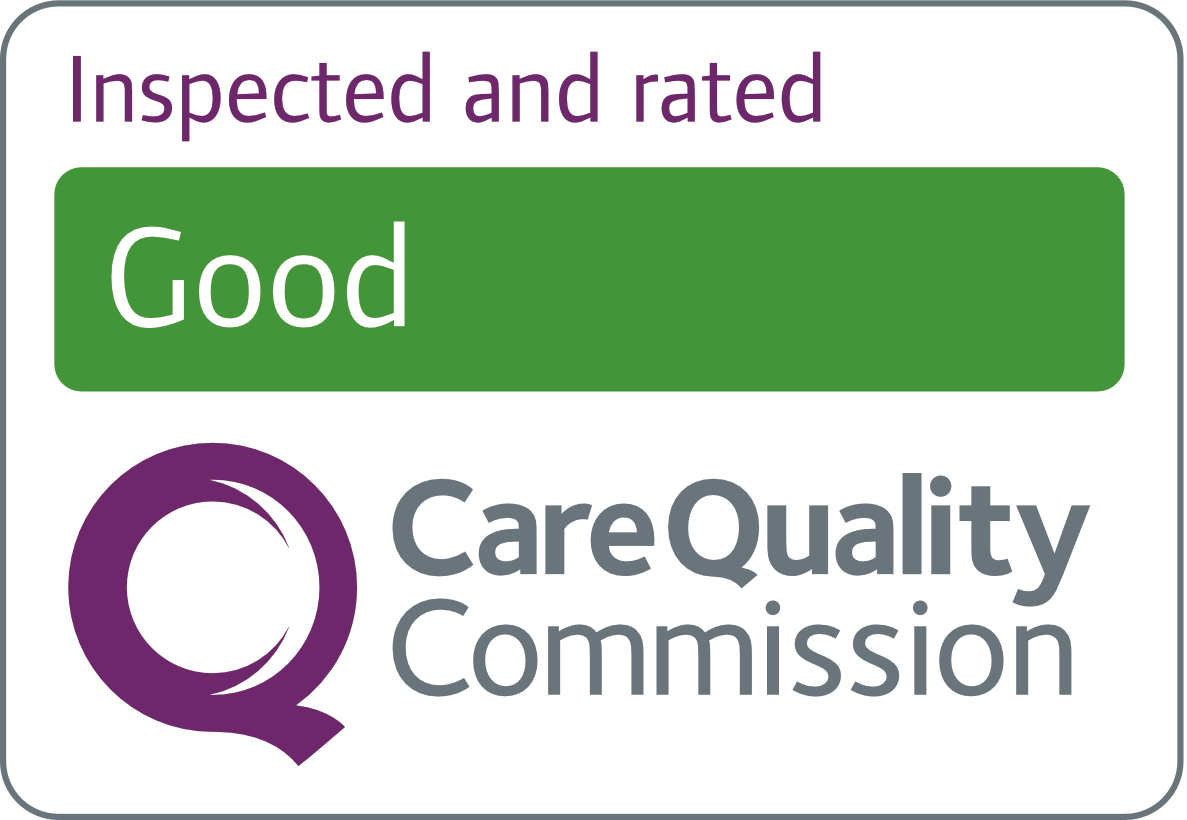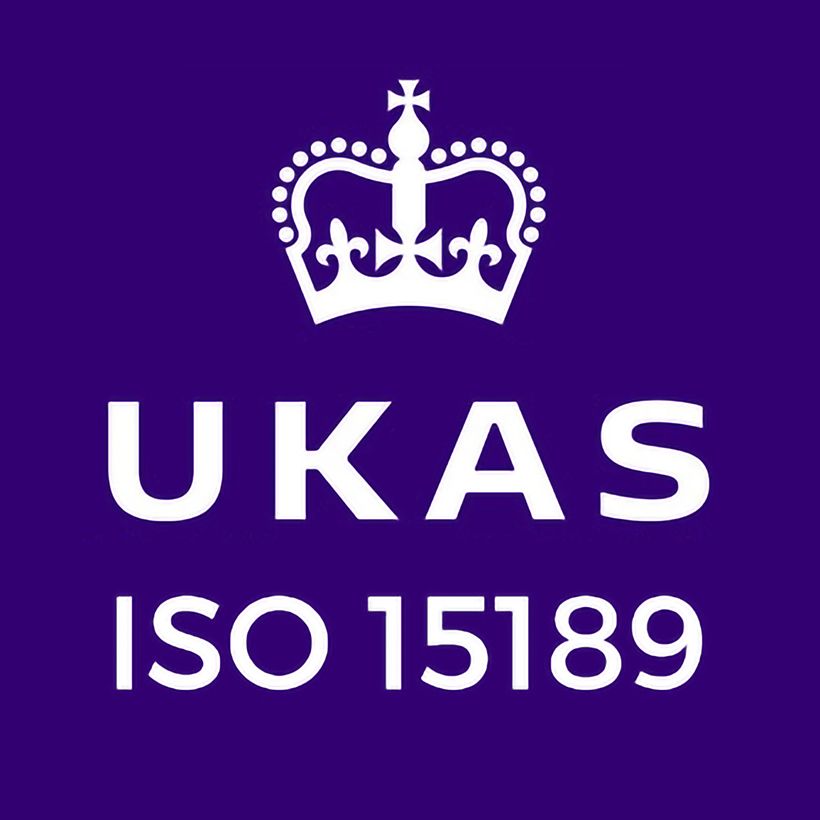- Contact Us
- 02077237258
- [email protected]
The aim for cancer screening tests is to detect signs of cancer before symptoms appear. Spotting them early can make treatment easier and increase the chances of successful treatment and improves survival rate.
Cancer screening could be in the form of blood test, cervical smear, stool test or imaging (X rays and scans). If you have any worries, please book a consultation with one of our doctors. Your doctor will carry out a series of tests, chat through any worries you have and refer you for further assessments if required.
None of the cancer screening tests are accurate 100% as they could carry a false positive and false negative results.
If you get a normal result (a screen negative result) after a screening test, this means you are at low risk of having the condition you were screened for. This does not mean you will never develop the condition in the future, just that you are low risk at the moment.
If you have a higher-risk result (a screen positive result), it means you may have the condition that you’ve been tested for. At this point, you will be offered further tests (called diagnostic tests) to confirm if you have the condition. You can then be offered treatment, advice and support.
We also offer a wide range of tumor markers tests. A tumor marker is a substance found in your blood, urine, or body tissue. The term “tumor markers” may refer to proteins that are made by both healthy cells and cancer cells in the body. It may also refer to mutations, changes, or patterns in a tumor’s DNA. Tumor markers are also called biomarkers.
Doctors may use tumor marker tests to learn if you have cancer or guide treatment decisions or progression of the disease and its treatment. These tests can also help doctors to learn more about your cancer and help to plan treatment.
For prices, please contact our Medical Centre
Tumor markers and its sites:
Liver, Testes
Testes
Breast
Ovary
Breast
Stomach, Colorectal, Gastrointestinal, Pancreas
Bladder, Colon
Lung
Stomach, Liver, Breast, Ovary, Gastrointestinal, Lung
Oesophagus, Lung, Bladder
Ovary
Bladder
Lung, Brain, Thyroid
Prostate
Melanoma
Oesophagus, Bronchus, Lung, Cervix


Pharmacy:
Mon-Sun: 10:00 AM – 11:00 PM
Clinic:
Mon-Fri: 7:00 PM – 11:00 PM
Please call to check the doctor’s availability.
For emergencies, please dial: 999